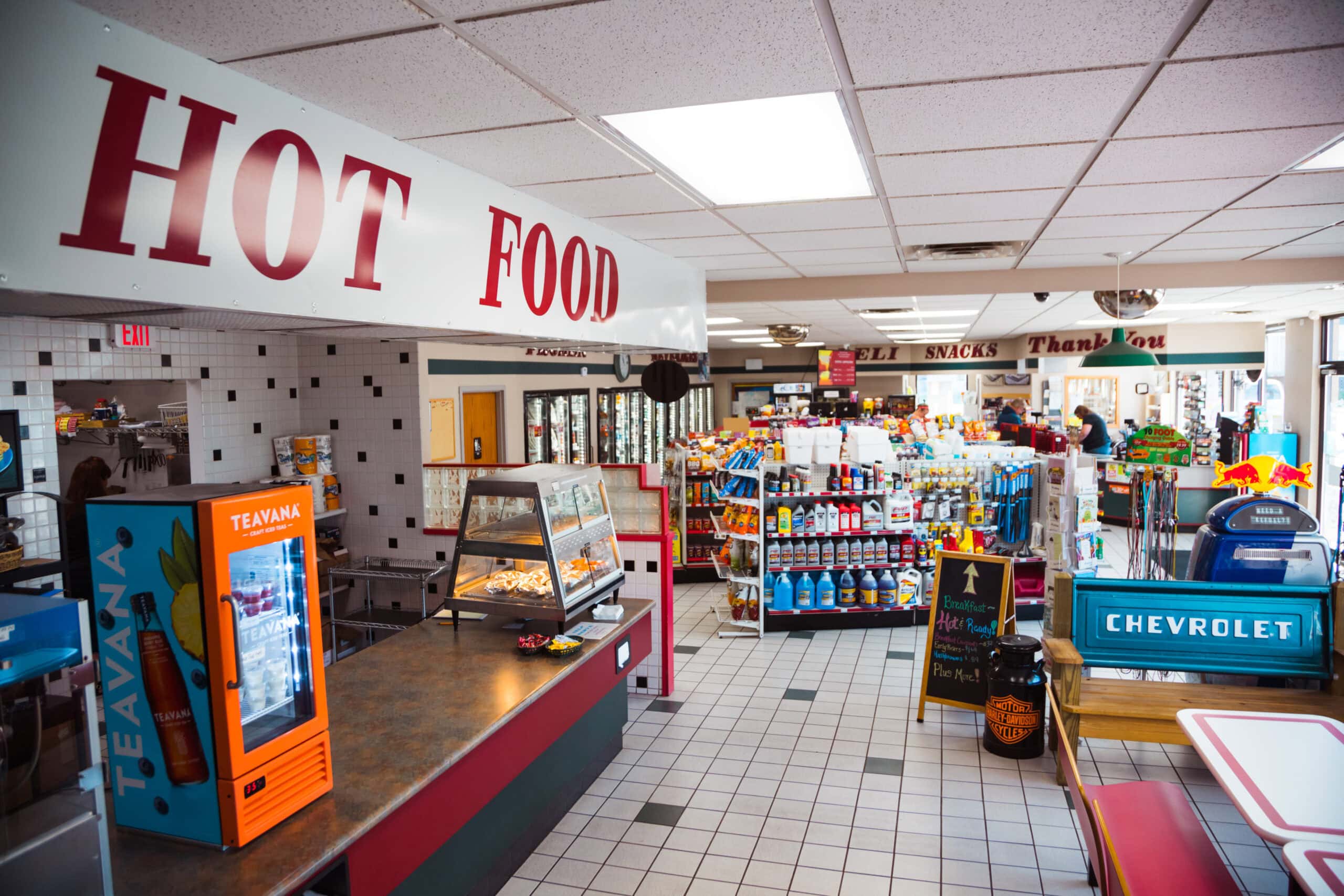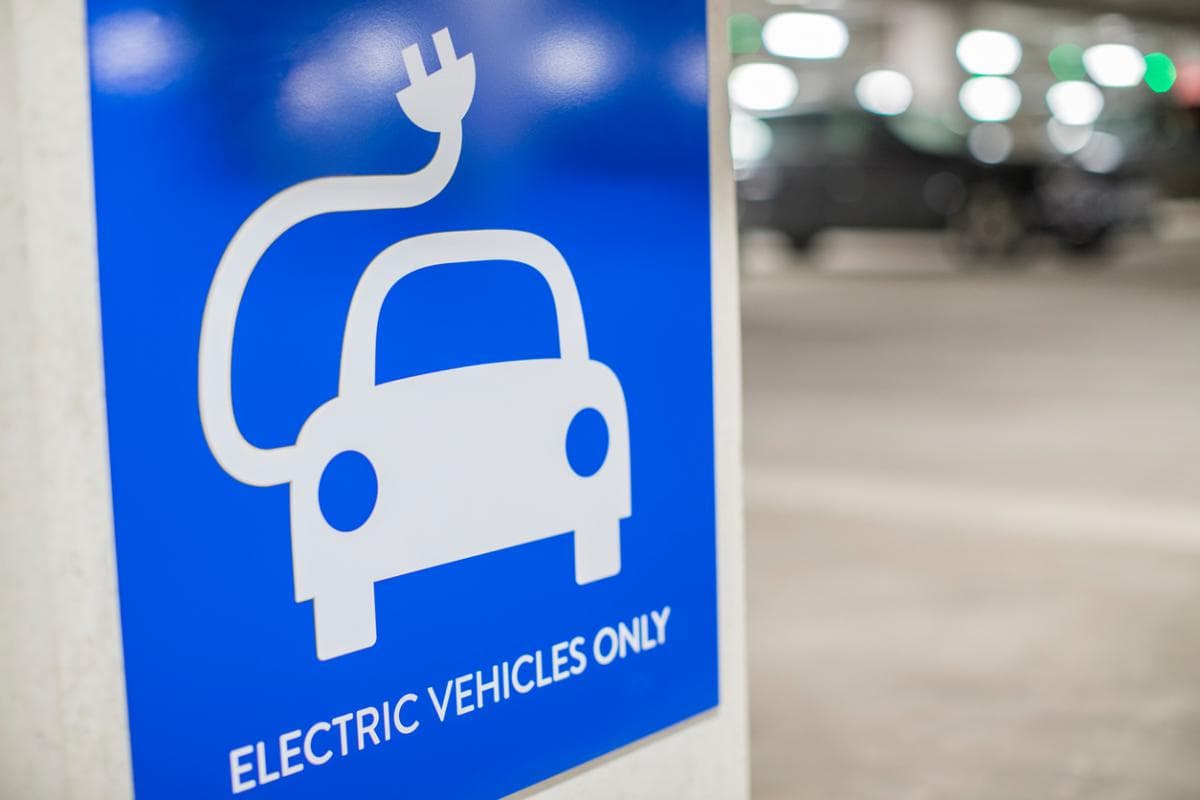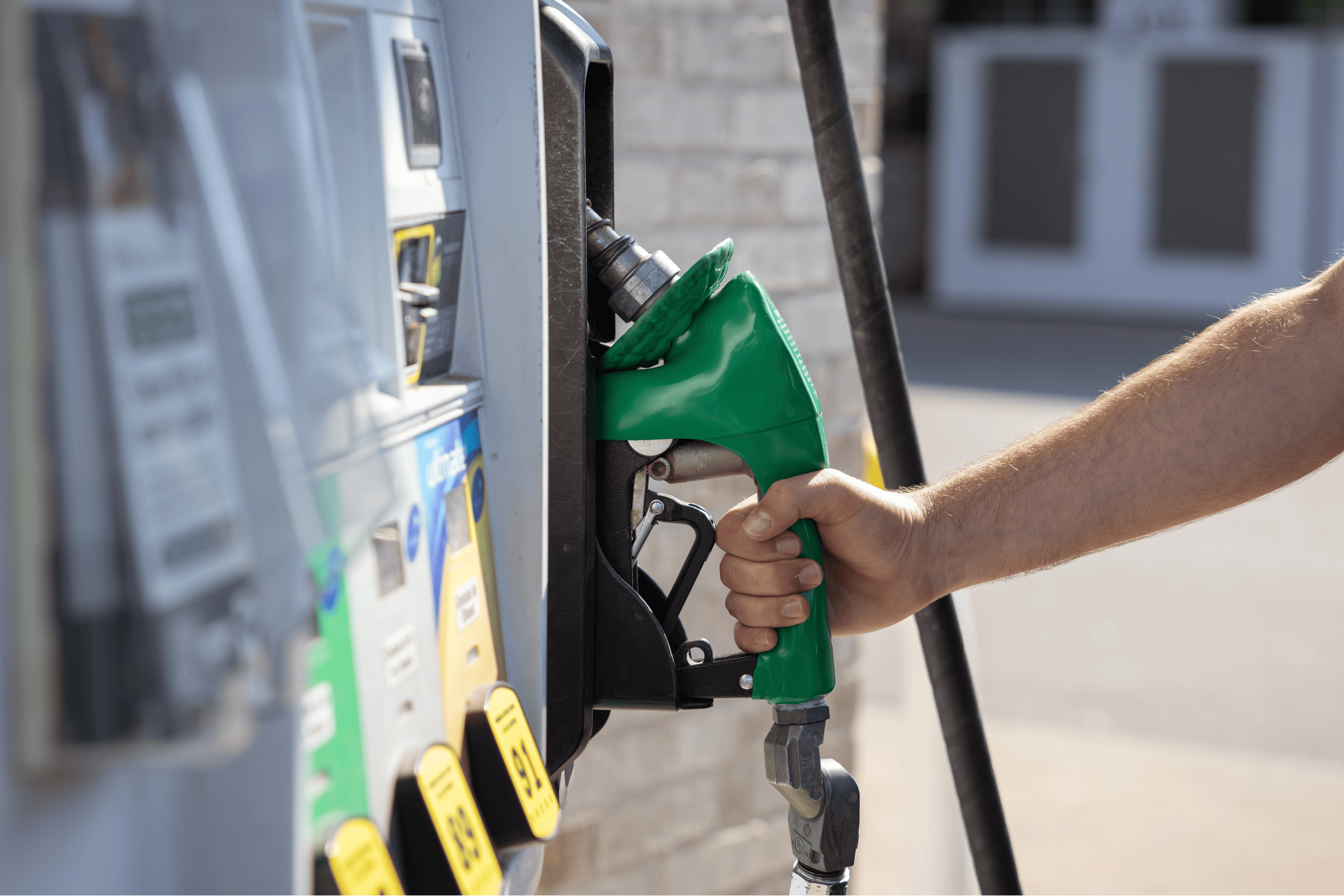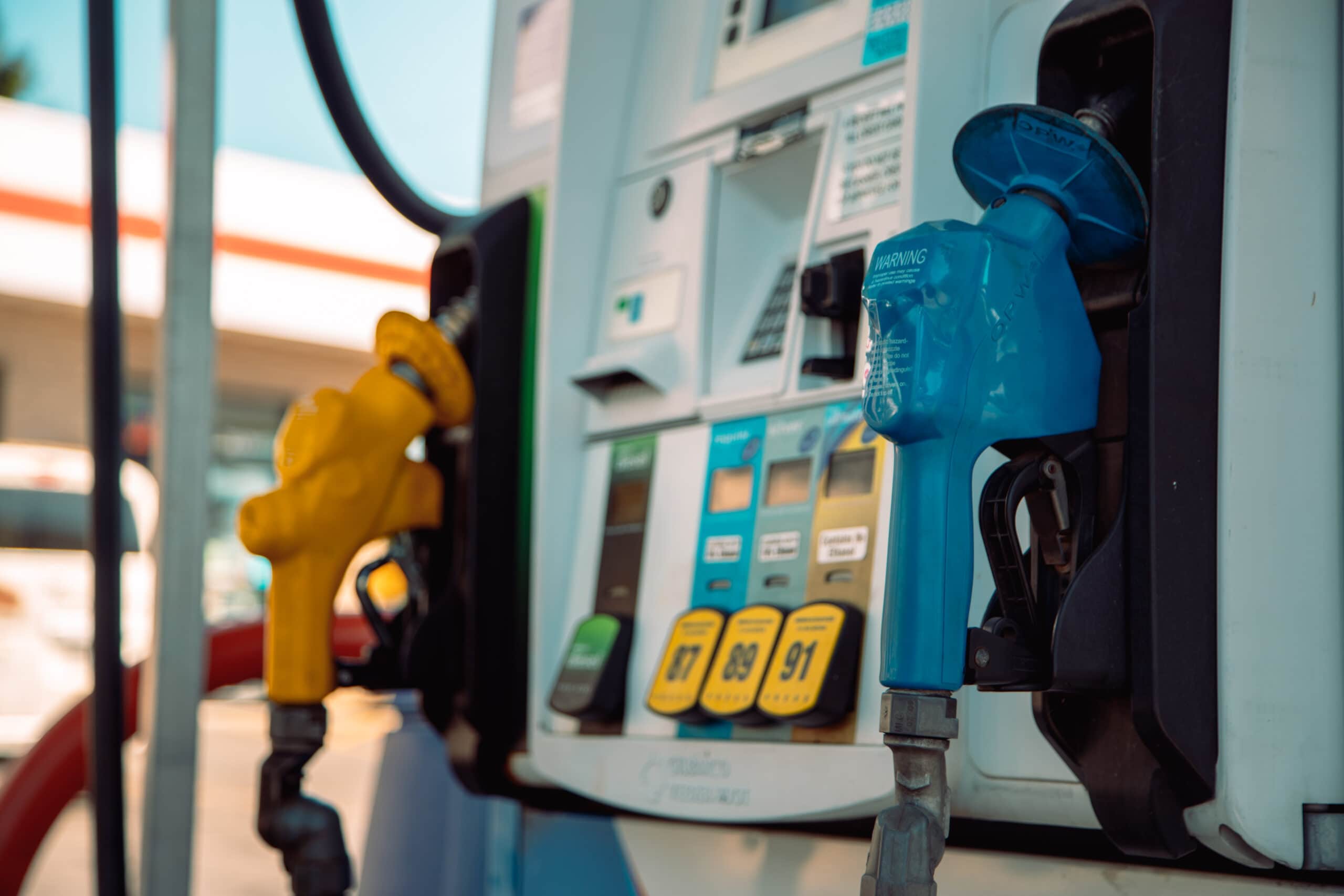Education Center / C-Stores: Locally Owned, Globally Recognized & Frequently Misunderstood
Blog
Category: Retail
C-Stores: Locally Owned, Globally Recognized & Frequently Misunderstood
When people hear “small business,” many think of the cafés and restaurants along Main Street, the neighbor selling homemade jewelry from the store down the road, or the shop that makes soaps and candles in-house. What many don’t think of are gas stations. But it’s true. Select convenience store brands are owned by small business owners. It’s easy to assume these are faceless entities, far removed from your local community, but that’s not the case.
A Look Behind the Brand
Branded gas stations, such as bp, Amoco, ExxonMobil, Shell, Chevron, Valero, and Marathon, have a commonality aside from selling fuel. Each of these convenience stores (c-stores) are typically owned and operated by a local family or an independent party—not the major oil brand you see. This means when you stop at one of these stations, you’re supporting the small business owner of that site.
In fact, major oil companies are so far removed from these convenience stores that the two parties may never actually interact. That’s where jobbers, like U.S. Energy, come into play. A jobber is the intermediary between c-store owners and major oil companies. Jobbers take brand guidelines and expectations, rebate offers, and programs from major oil and present them to c-store owners. From there, jobbers work with c-stores to secure fuel supply, ensure they’re meeting major oil’s requirements, and optimize offerings at the pump and in the store. This relationship allows c-stores to focus on what matters most: supporting and giving back to the community they live and operate in.
Impact of Locally Owned
But how do those local roots benefit you? What’s the small business difference?
- Community Engagement: With local ownership comes a local focus. Many of these c-store owners have kids who go to school with yours, they’re attending the same events, and they’re donating to many of the same causes and charities.
- Personalized Service: Small businesses have a vested interest in keeping their customers happy. This often translates to improved customer service and personalized interactions—enhancing your overall experience.
- Economic Impact: By supporting local, you’re helping to keep more money circulating within your community. On average, $0.67 of every dollar spent at small businesses in the U.S. stays in the community. This helps boost the local economy and create jobs while making your community a better place to live.
How Can You Support Small?
So how can you support these small, family-owned convenience stores? Stop at their station. Fill up with gas. Buy a candy bar and a soda. But most importantly, be mindful of how you pay. As with many purchases these days, paying with a credit card comes with a transaction fee that can eat into the station owner’s profits. Rather, consider paying with:
- A Branded Credit Card: Some major oil brands offer branded credit cards that charge lower transaction fees than standard credit cards. Not only does this save the station owner money, but it provides you with additional discounts and rewards. These incentives can really make an impact on the family’s budget.
- Cash: When you pay with cash, you avoid transaction fees completely—meaning the station will receive the full value of your transaction.
Local Roots Fueling Local Growth
Next time you pull into a gas station, take a moment to consider the impact of your choice. By supporting locally owned convenience stores, you’re not just filling up your tank; you’re fueling your community. It’s time to reverse the common misconceptions about c-stores and recognize the local heroes behind the counters of our favorite sites. Be on the lookout for upcoming spotlights that show just how some of these local owners are giving back and supporting their communities.




